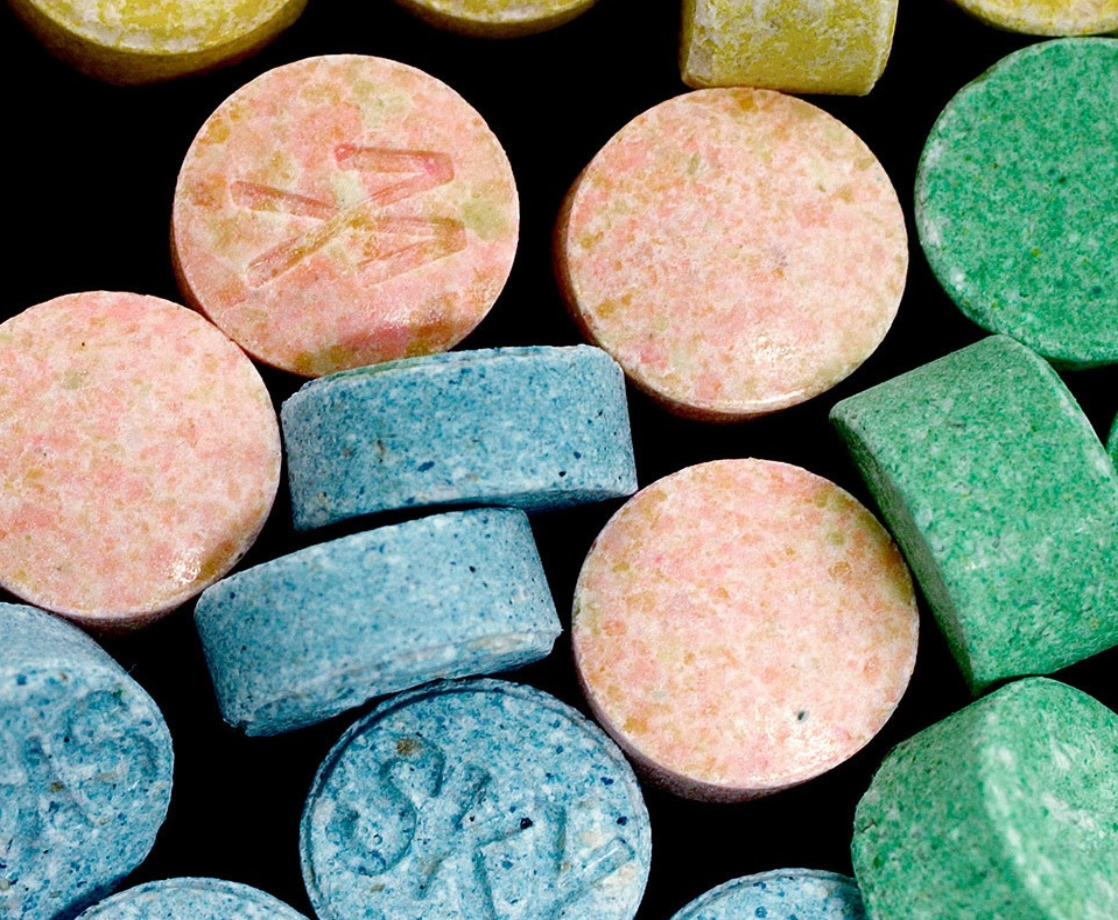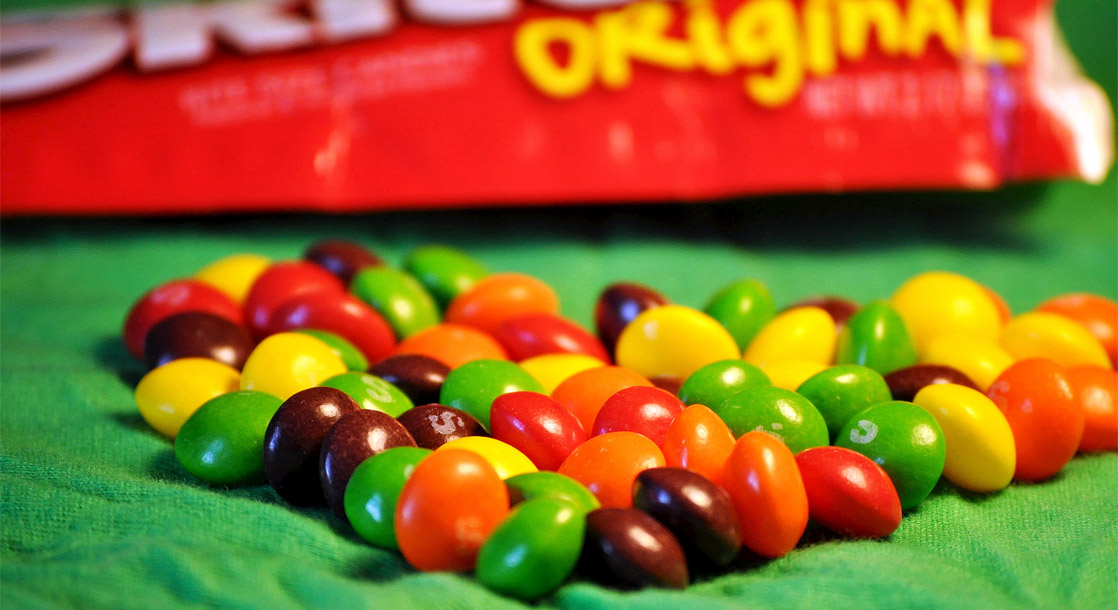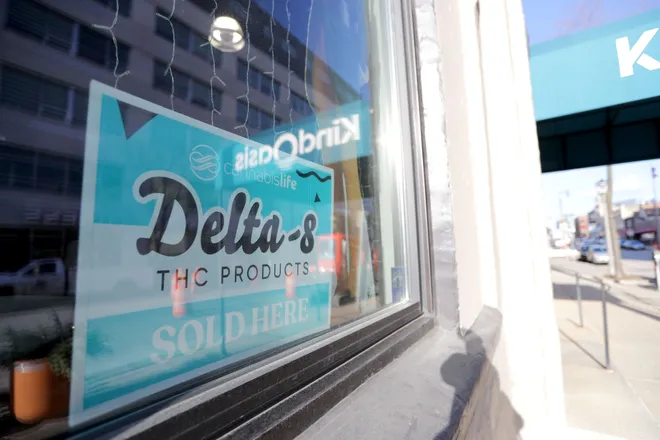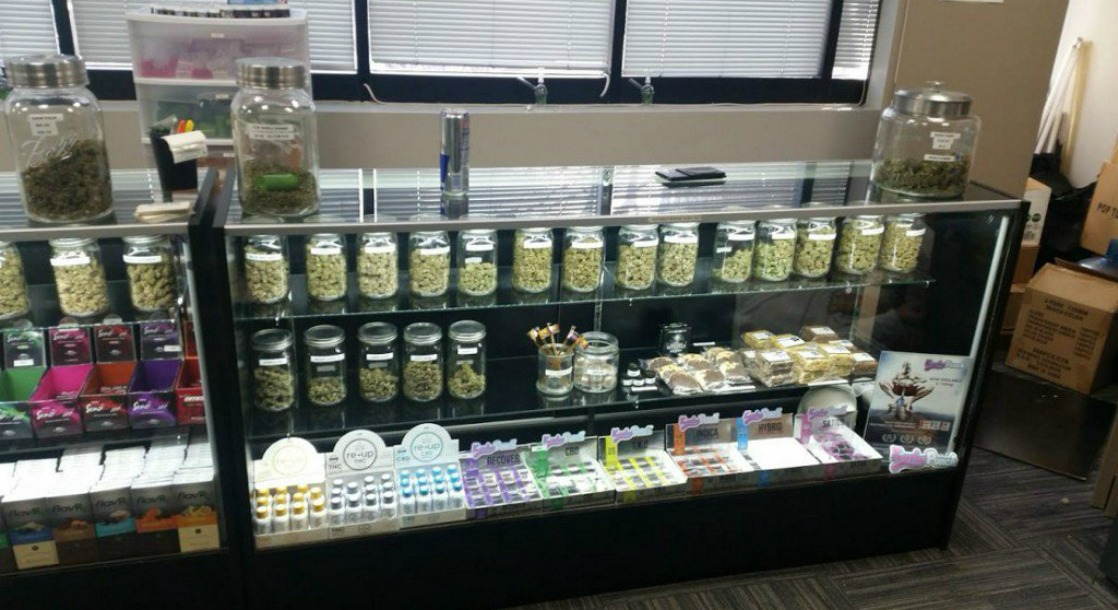As Australia’s capital city celebrates its first day of cannabis legalization, a new government report is recommending that the state of Queensland should also legalize weed — and MDMA.
This week, the Queensland Productivity Commission released a new 516-page report recommending that the state government remove both cannabis and MDMA from the state’s criminal code. The report was commissioned by state Treasurer Jackie Trad, was seeking recommendations to handle the state’s seriously over crowded prisons. After analyzing the issue in depth, the commission recommended that ending minor drug possession arrests would solve the overcrowding issue, saving the state billions of dollars.
The report explains that the primary driver of the state’s prison overcrowding problem is Queensland’s recent crackdown on illegal drugs. Since 2012, increases in drug-related arrests have increased the state’s prison population by 32 percent. “Possession or use offenses were the most common drug offenses and contributed 22 percent of the people imprisoned for drug offenses in 2018,” the commission wrote, according to The Brisbane Times.
Queensland actually arrests more Australians for minor drug offenses than the rest of Australia combined. The study reports that it costs the government AU$111,000 a year in direct costs and $46,000 in indirect costs to imprison one person for one year, and the state arrests around 1,840 people a year for minor drug crimes. If drug arrests continue at the same pace, the government will need to build at least 4,200 additional prison cells within the next five years, which would cost another $3.6 billion.
And not only is Queensland’s drug crackdown exorbitantly expensive, it has also been entirely ineffective. “Criminalisation has been in place for many decades, but it has proven ineffective at significantly reducing the consumption of illicit drugs, and it has not achieved sustained reductions in supply,” the report states. “Even in those jurisdictions where supply has been legalized, most evidence suggests there has been no long-term increase in usage or drug-related harms.”
In fact, the use of illegal drugs has increased between 2001 and 2016, despite this criminal crackdown. Over that same period of time, use of legal drugs like alcohol and tobacco actually decreased. Currently, about one-sixth of the state’s population said they have recently used illegal drugs, and around half of all adults said that they have taken drugs at least once in their lifetime.
To resolve the prison overcrowding situation, the commission recommends that the state legalize the possession and use of cannabis and MDMA. If Queensland were to stop imprisoning people for these minor offenses, the state could save around $1.2 billion.
Legalizing weed and ecstasy could also kill the state’s thriving black market, funneling as much as $4 billion into the state’s health system. “Rather than money being channelled into profits from criminal activity, surpluses from production (profits) can be taxed and used for public good,” the report recommends, according to the Brisbane Times.
The report makes a strong case for drug policy reform, but the Queensland government has chosen to reject it entirely. In response, the government said that even though veteran police officers supported decriminalization, it still refuses to alter the state’s current drug laws.
Even though Queensland has chosen to continue wasting money and resources on drug prohibition, Australia’s capital has taken a more progressive approach. As of today, the Australian Capital Territory (ACT), which comprises the capital city of Canberra and the surrounding region, allows adults to grow their own weed and possess up to 50 grams a piece.
To celebrate, MERRY JANE has partnered with East 9th Brewing to create a “Mango Kush” hemp beer, which is available all across Australia as of 4:20 p.m. AEDT today.











